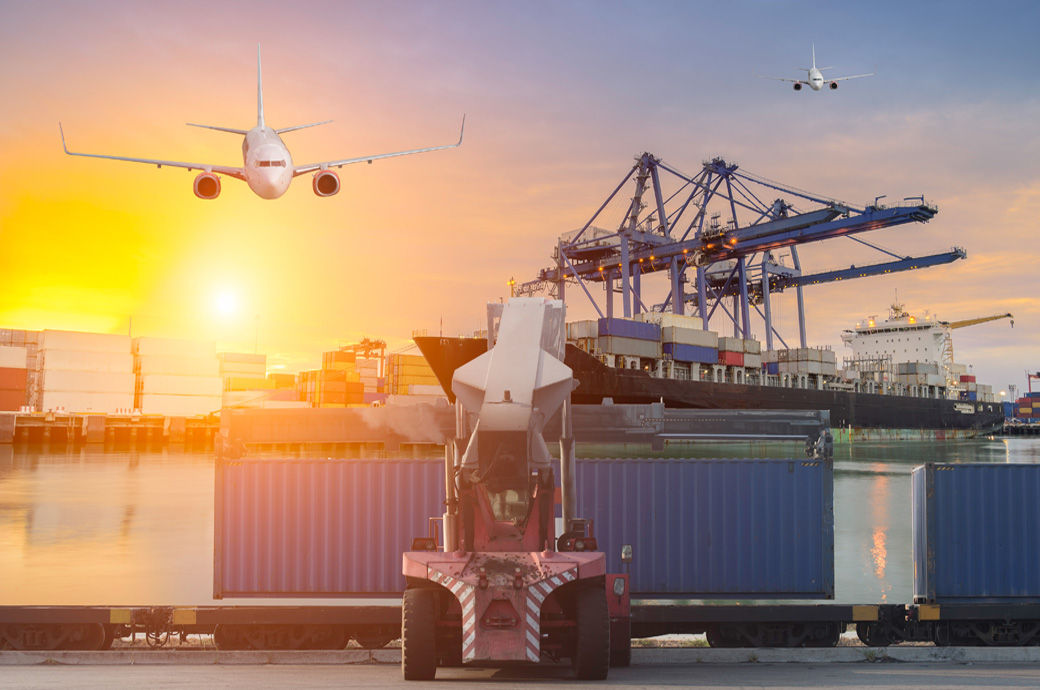
Export diversification is not getting traction despite two decades of policy focus, he said.
The effective rates of protection for most import-substitute industries could range from 100 per cent to 400 per cent or more, he said.
Tariffs are now the principal instrument of protection, and an incentive to production as a substitute to imports, Sattar told a seminar on tariff protection and export diversification organised by the Bangladesh Institute of Development Studies (BIDS) in Dhaka recently.
The average nominal tariffs in Bangladesh are higher than those in other countries and most of its competitors, he said.
‘Infant industries’ are sustained through higher import tariffs without paying attention to efficiency, he said.
The nominal tariff is 27.6 per cent in Bangladesh. It is 18.1 per cent in India, 22.4 per cent in Sri Lanka, 8 per cent in Indonesia, 9.7 per cent in Thailand, 5.6 per cent in Malaysia and 9.6 per cent in Vietnam.
Of the 1,377 non-readymade garment products Bangladesh exports, 174 are highly competitive, 408 items are moderately competitive and 795 are marginally.
The country ships 346 types of non-RMG products that earn around $1 million annually, but the segments do not get the bonded warehouse facility, which allows exporters to import raw materials duty-free.
"These products can play a significant role in accelerating export diversification if they are brought under the bonded warehouse facility," he was quoted as saying by domestic media reports.
"Non-RMG exporters can compete in the world market purely on the basis of labour cost advantage," he added.
Fibre2Fashion News Desk (DS)